Nutrition is a tough subject to navigate these days, seeing as there are so many ways to approach it. Although it’s made slightly easier given that we are either athletes or fitness enthusiasts, meaning performance becomes a priority. We prioritise how we perform over aesthetics in order to:
- Achieve better results
- Recover faster
- Feel better physically and mentally
Sadly, most people never really get their diet right, or they hide behind the mask of “but I need the fuel, I’m training for performance!!”
Keep reading to learn how you can separate yourself from these people that ultimately are missing these 5%’ers that really count. Be one of the few people who dials it in and reaps the benefits.
Today, we are going to discuss high carb days and their purpose for improved recovery.
Scheduling higher carb days at the appropriate time into your diet can really enhance recovery, muscle fullness and sharpen performance as a result.
This occurs because your muscle and liver glycogen levels are better replenished which will help you perform better. Not only that, but central nervous system recovery is also improved with higher carb days, which plays an instrumental role in recovering adequately.
If you have ever found yourself feeling particularly drained, perhaps shaky and performance levels have fallen, it’s likely that you are under recovered. In this case, adding more carbs is a smart move.
If you use your normal intake as the baseline to work from, aim to add an extra 150-250g of carbs for your high day. Note this should be from a clean carbs source like oats, rice, wraps, bagel, sweet potato etc.
Given the extra fuel in your system, it will impact digestion which is why doing these high carb protocols on recovery days is advantageous, as there is less importance on timing and you don’t need to account for a window of a few hours where you need to “primed” for training, with food digested and in a ready state.
Even so, monitor how you feel:
- Do you digest the food well?
- Would you change your carbs source?
- Do you feel recovered?
- Does your weight change much the next day?
These things will really help you determine what "high days" should look like for you.
The next stage would be giving yourself higher carbs on competition days, or race simulation, so that again you can experiment how you react to the extra fuel, but also how you strategize the timing around training.
A lot of people get this wrong, and then don’t perform on race day. They blindly carb up and then wonder why they feel sluggish.
Be aware, drink more water on high carb days as the carbs will pull more fluid into the muscles, which means you need extra again for cell hydration!






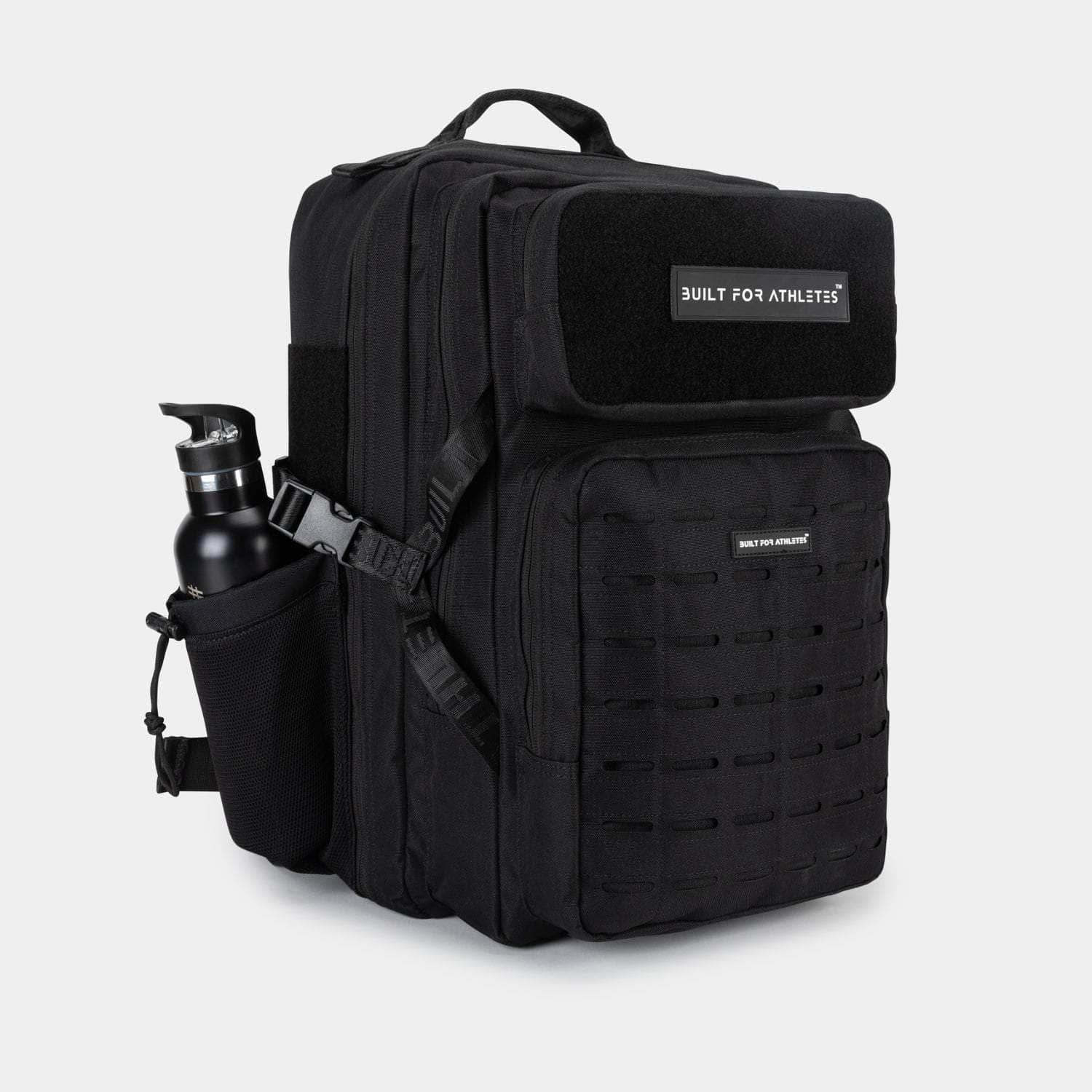








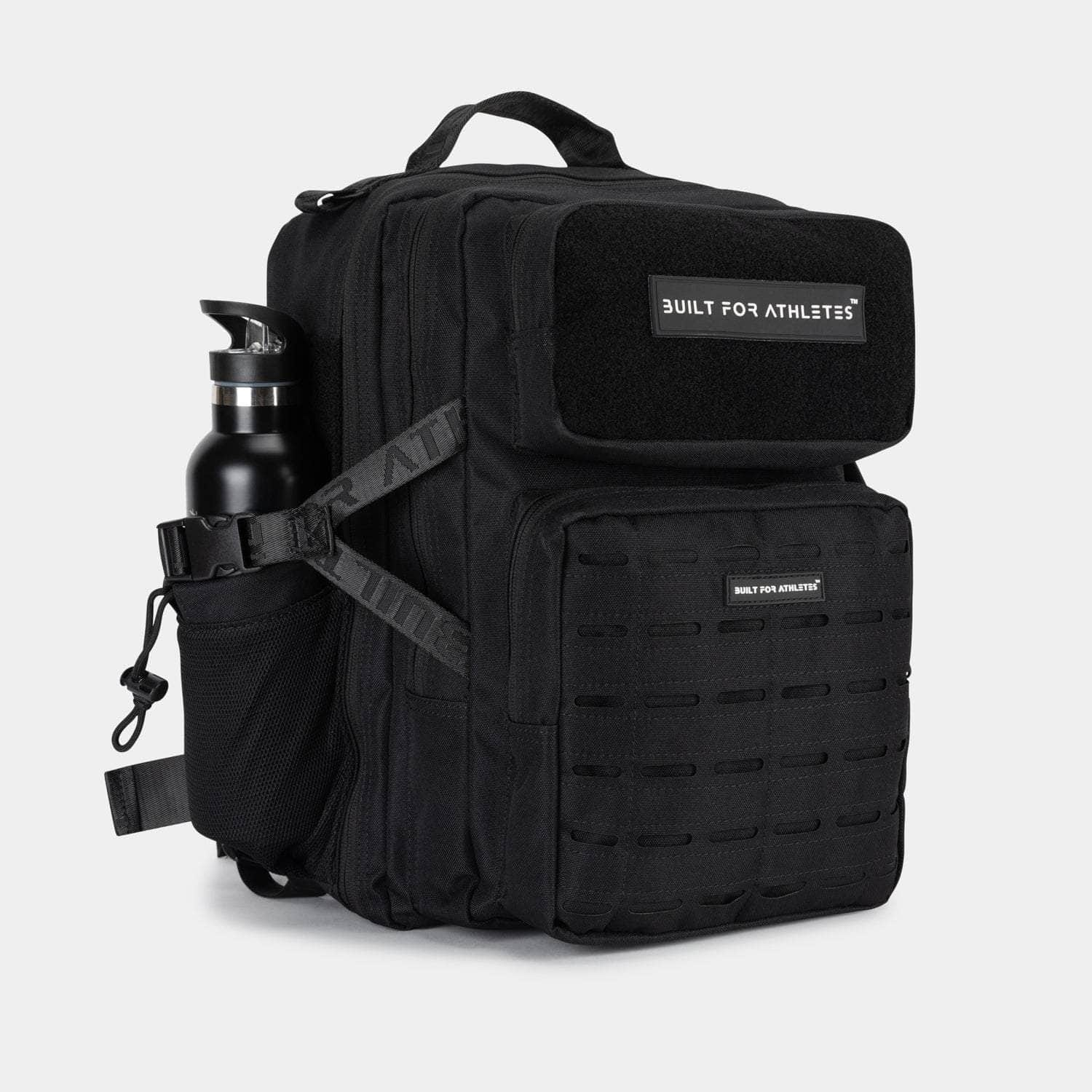




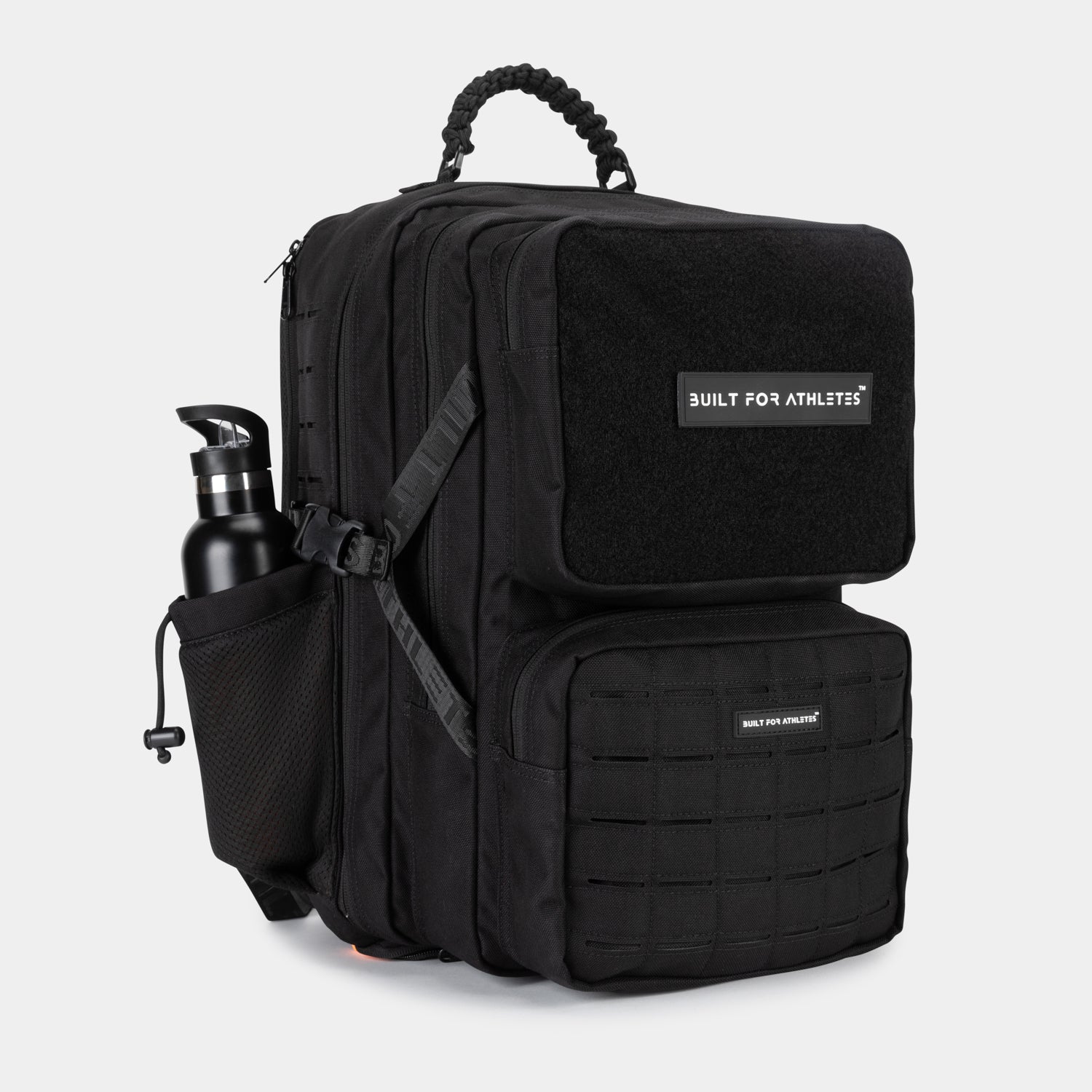










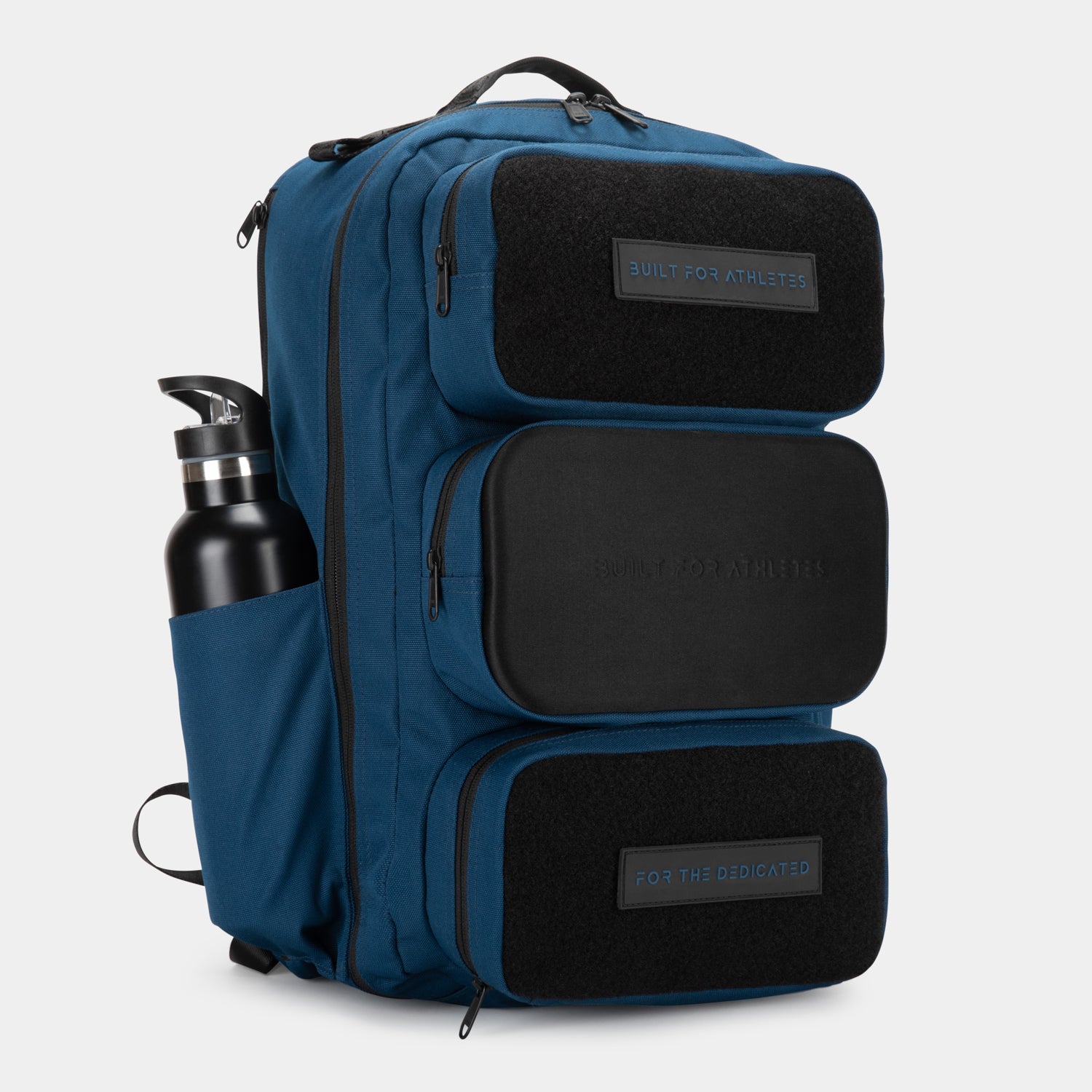

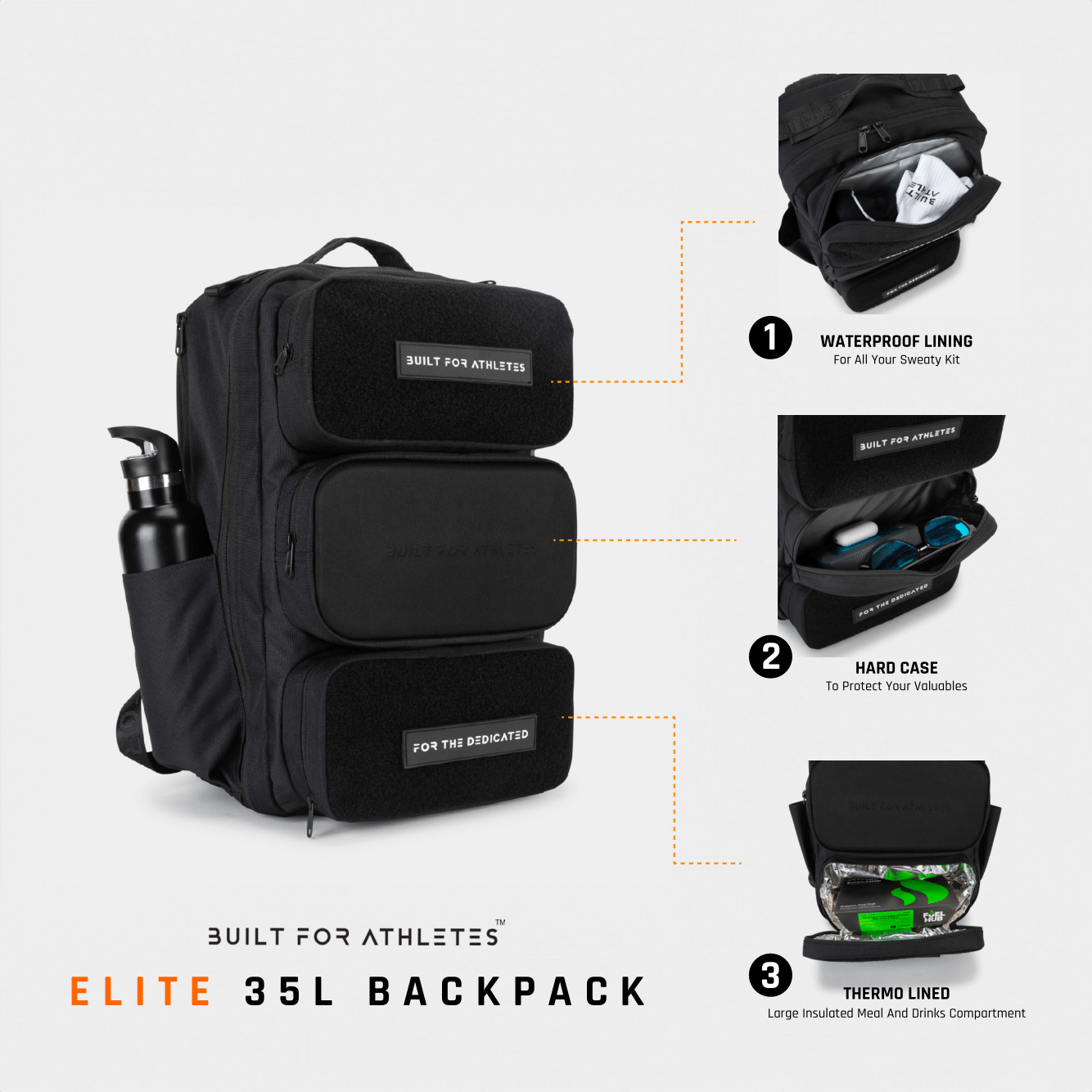




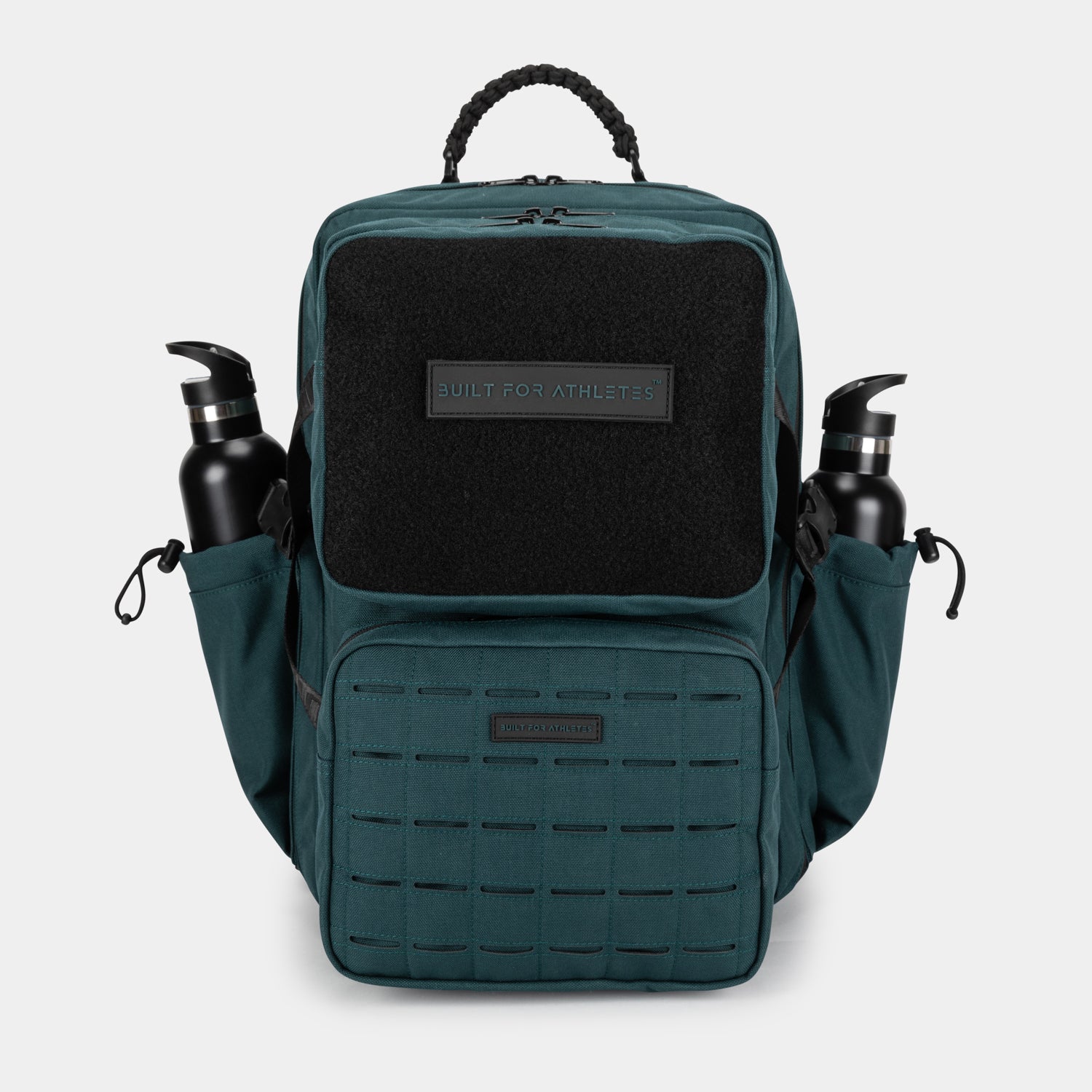


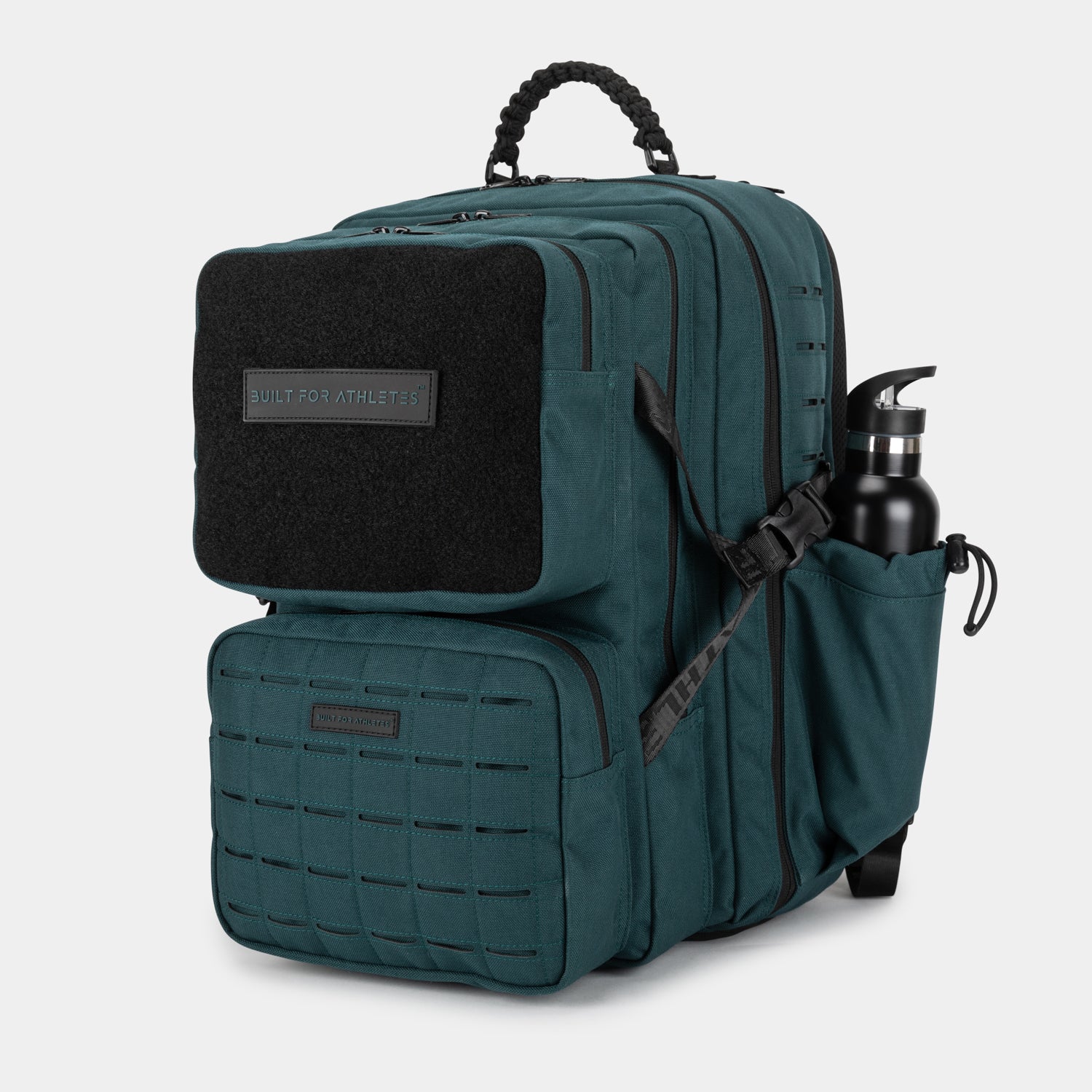


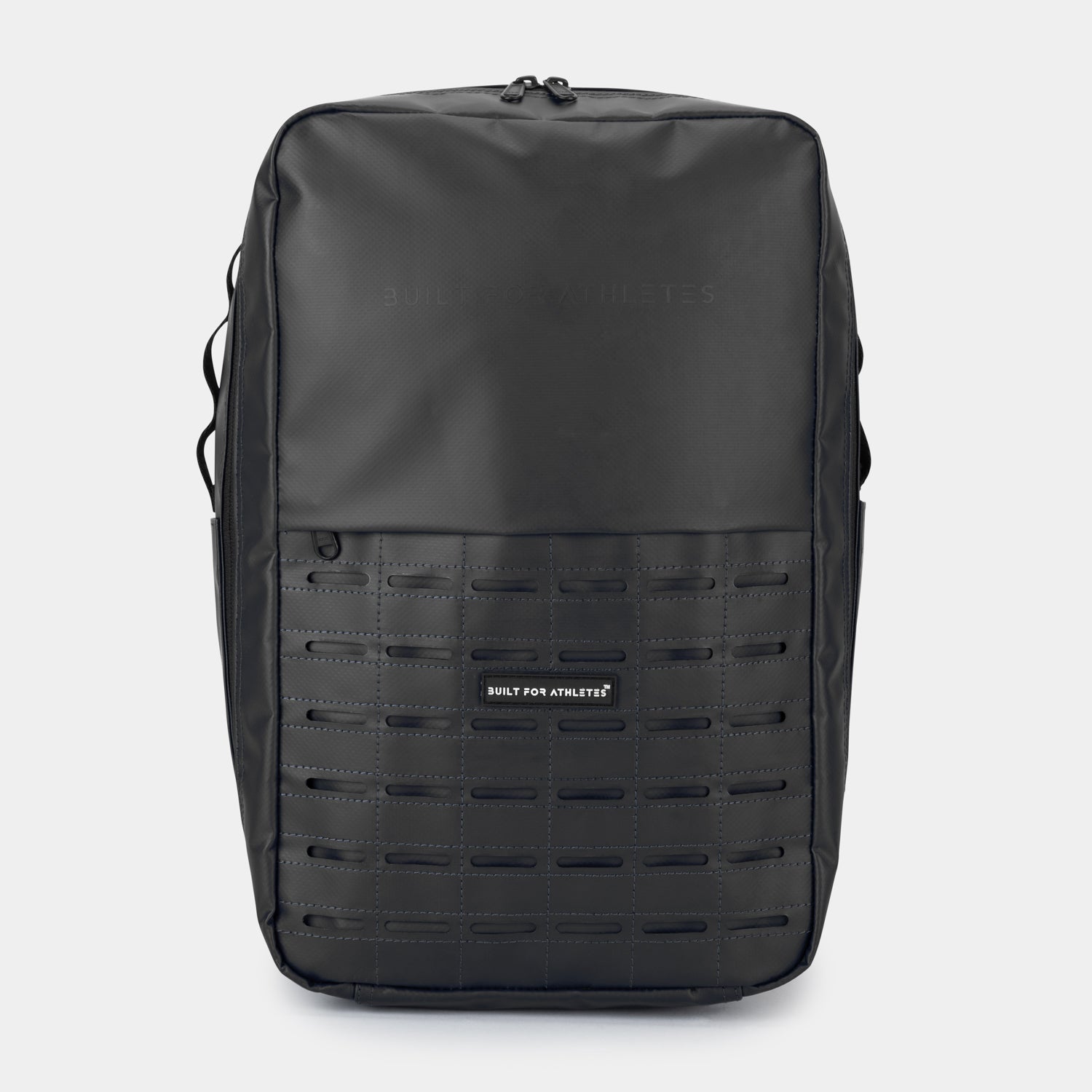
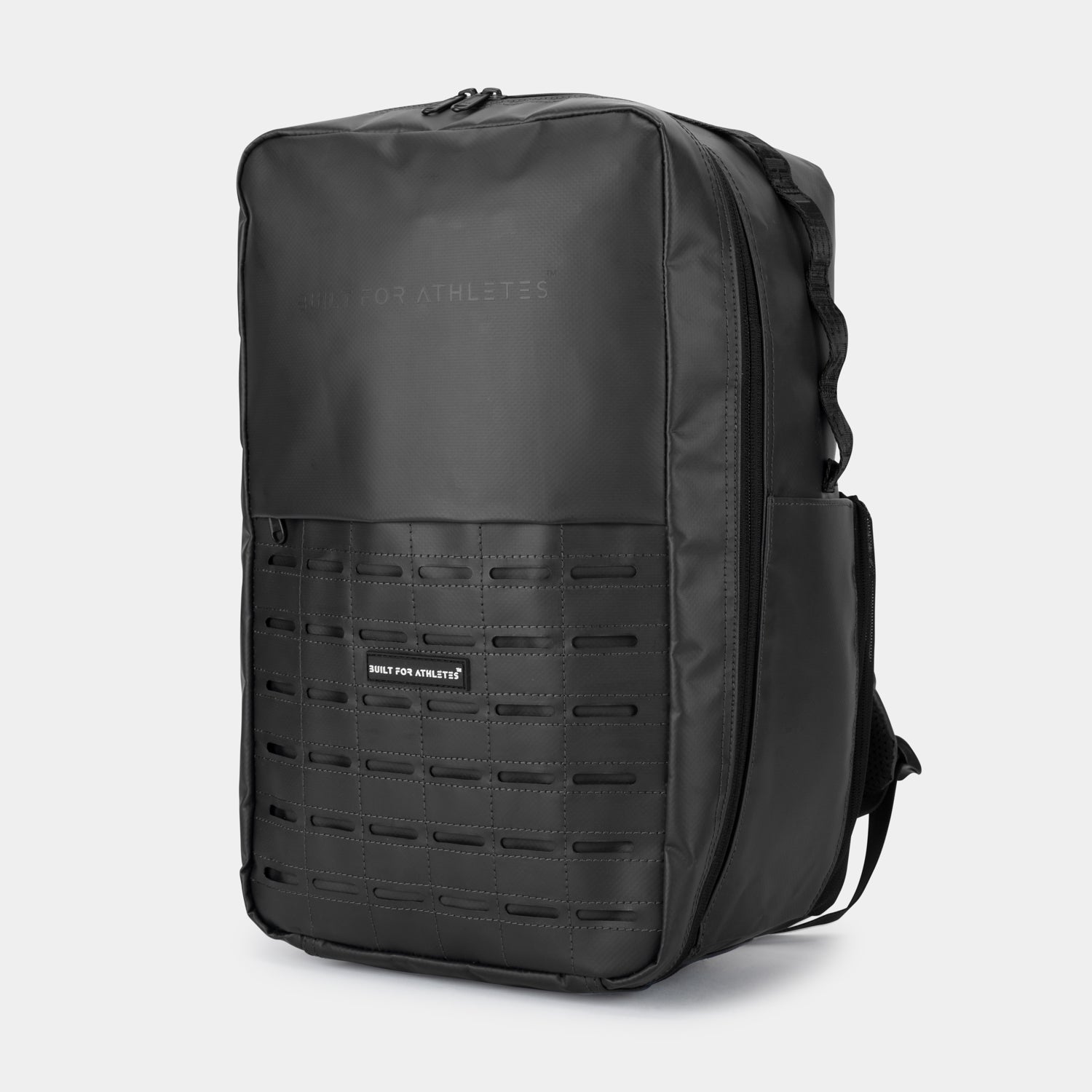
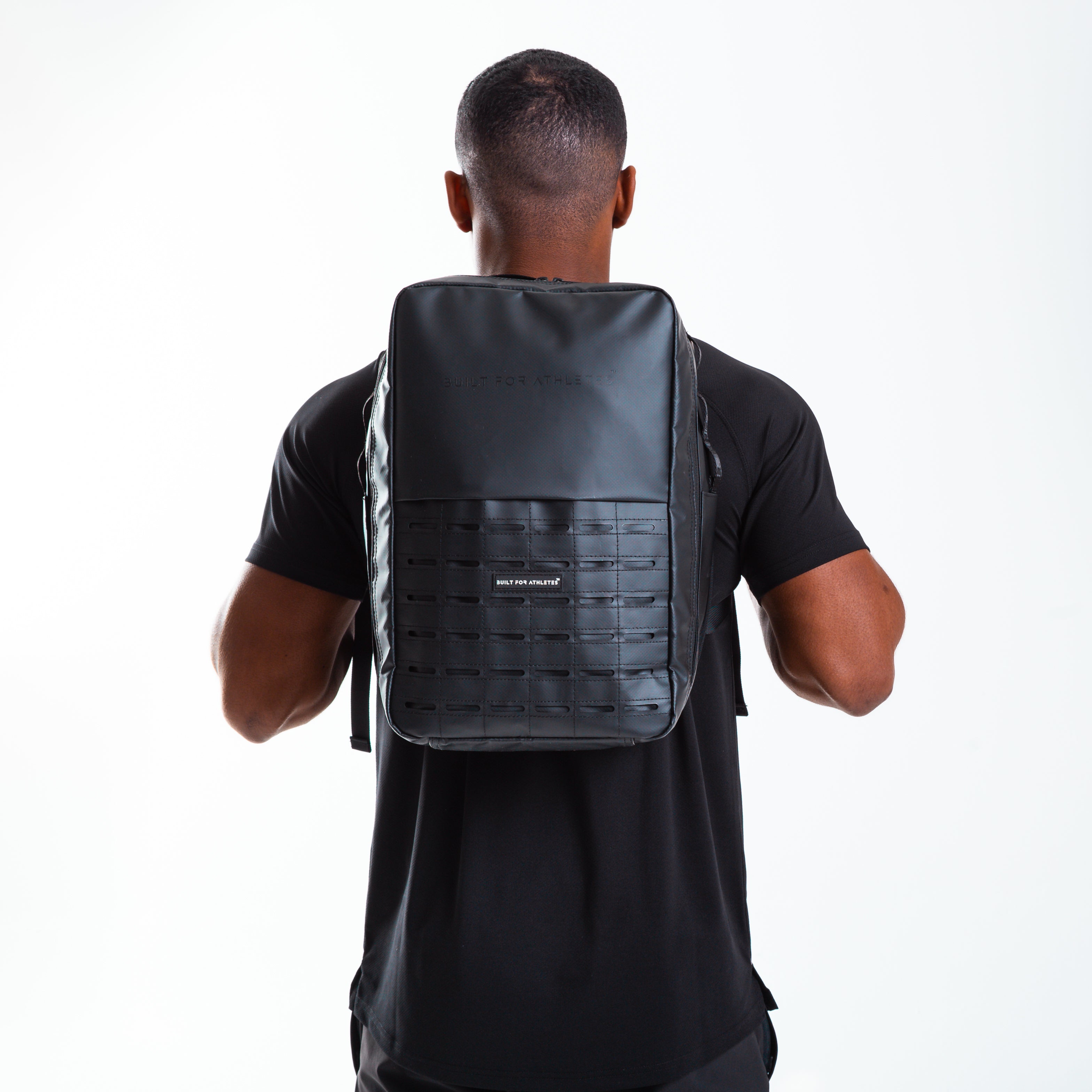










Teilen Sie:
Jake Dearden's Week of Workouts
Zara Piergianni's Top Tips for a Successful Taper Week